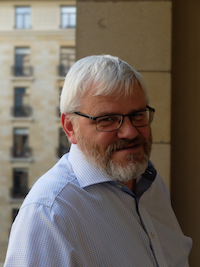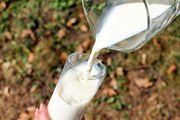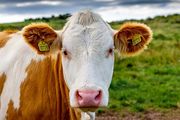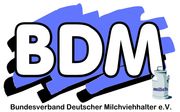EMB Newsletter June 2019
Newsletter as PDF
Contact
EMB - European Milk Board asbl
Rue de la Loi 155
B-1040 Bruxelles
Phone: +32 - 2808 - 1935
Fax: +32 - 2808 - 8265
Dear dairy farmers, dear interested parties,

World Milk Day was on June 1 – a good occasion to celebrate milk. Milk is our life. We, dairy producers in our countries and within the European Milk Board (EMB), do everything in our power to produce a healthy product and also provide numerous services to society.
The last few weeks have been politically exciting: The European elections have produced a politically-diverse parliament. In the coming months, we will get to know the new members of the Committee on Agriculture who will have a major influence on European agricultural policy over the next five years. We need prudent minds who can provide us producers with efficient instruments in the event of market disruptions, and put the dairy market on a stable footing.
The newsletter, once again, includes articles from the individual countries. This time, there are reports from Germany, France and Latvia. I would also like to report from Denmark, my home country, about the current problems with the Arla Foods cooperative.
In a cooperative, all members have the same rights and obligations. All members have the right to equal treatment. All members have the right to receive the same price for milk of the same quality, and all members have the right to supply the desired quality and quantity. Prices must be transparent, without secret or hidden agreements, and all members must be subject to the same conditions.
In a cooperative, additional individual agreements can be introduced, but in Denmark they overrule cooperative rules. The new contract recently sent by Arla Foods to its members is an individual agreement. A contract that provides for a high degree of secrecy and transfers power from the Board of Representatives to the Board of Directors.
Like all other corporate structures, cooperatives have advantages and disadvantages. But as long as Arla Foods is meant to be a cooperative, we will stand up for our cooperative rights. The members have provided the equity over the years and are the true owners of the cooperative. It's about our money and our rights!
Kjartan Poulsen, EMB Executive Committee member and President of LDM Denmark
1st June: World Milk Day – Milk is our life
Arla is hi-jacking the Danish coop tradition
A new power balance in the European Parliament
Latvia: Campaign to promote local milk
Information from Germany
Milk producer demonstration in Paris – Interview with Sylvain Louis, APLI chairman
Impressum
European Milk Board asbl
Rue de la Loi 155
B-1040 Bruxelles
Phone: +32 2808 1935
Fax: +32 2808 8265
E-Mail: office@europeanmilkboard.org
Website: http://www.europeanmilkboard.org






